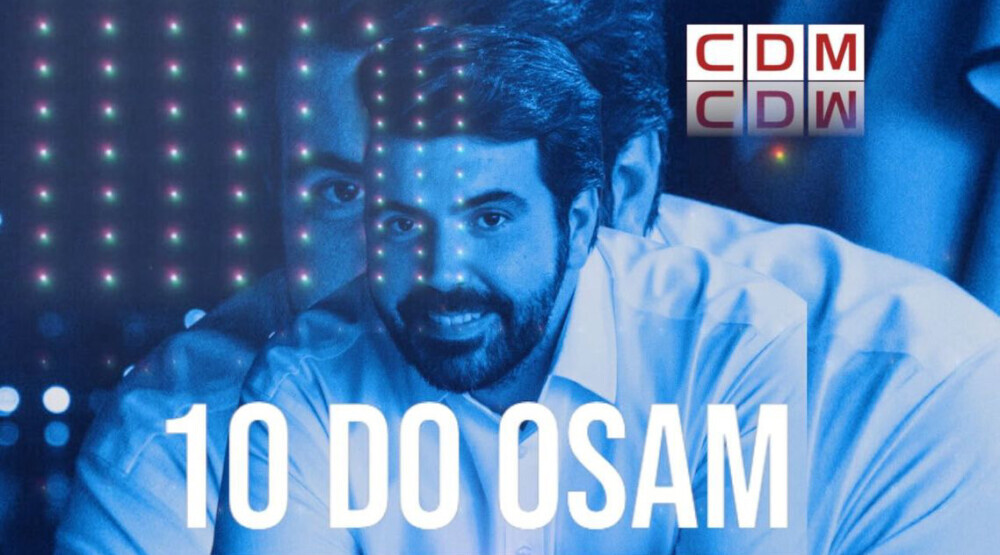Good morning! We will not talk about identity this morning or about Zivko Andrijasevic. The topic is people’s mental health, our relationship to it, which may contain the answers to many questions about why we are stagnating as a society and a country.
Click here to join our Viber group, where we update you live from hour to hour and answer your questions directly.
Nation with a fault
Yesterday, I was sitting with a friend from a very happy and successful country. Big for us, but small compared to her neighbours. It’s a country whose independence is under similar challenges as Montenegrin. The conversation was difficult for me because I always get frustrated when I have to answer why we can’t do more with such beautiful nature. A story about agriculture, infrastructure, tourism, etc. While we had DPS in power, we had an excuse and thus removed the burden of responsibility from ourselves, what is the problem now?
In Montenegro, most of the talk goes to politics and power, while introspection is our weaker side. Self-intoxication and self-delusion about one’s own exceptionality and importance, something that Christians consider the generator of all other sins and the cause of all falls, and call it pride, is perhaps one of the most important causes of our Montenegrin stagnation. Because when you think of yourself as the best, the room for improvement narrows. Progress is impossible once you’ve reached the top. Pride and self-worth are almost synonymous in many languages of the world. In some of his speeches, Tito said “we see our self-worth in our history”, meaning that we are proud of it. And our mouths are full of pride in Montenegro. We often overdo it, and it starts to look comical and sad at the same time.
The attitude towards mental health is the same. The other day I listened to a programme about alcoholism in Serbia. And something reminded me very much of us. The psychiatrist says that alcoholism is socially acceptable in Serbia. The point where the problem for an alcoholic arises and stigmatization begins is the moment when he decides to seek treatment. The story is identical here. Both with alcoholism and drug addiction.
Addiction as a mental illness, if it is not a question of truly catastrophic examples, is socially acceptable. The moment we admit to ourselves that we have a problem with this and other mental illnesses, and when we seek help, we become marked by the community. And there are as many addictions as you want. Look at which branch of the “economy” has the most money for advertising and everything will be clear to you. Gambling is the most socially acceptable addiction. Betting houses and slot machines are ubiquitous and accessible. Children often, too.
Religion and faith can sometimes help, and it is the first address here to deal with these types of problems. But for some more serious problems that need clinical treatment and medication, it is very dangerous to play with one’s health. A recent example from Niksic is proof of that.
Depression and anxiety are reaching epidemic proportions. Suicides as well, especially among men. Talking about mental health itself is a taboo topic. Emotional intelligence is at zero. The ability to talk and to make sense of one’s feelings is catastrophic.
Health is not only physical health. There are diseases of the soul, but also diseases of the spirit as some believe. To begin with, start talking, and if you have problems, seek help. If we start to heal ourselves, maybe we will heal deep collective Montenegrin traumas. Maybe then we will reach reconciliation.
That’s it for today. We wish you a pleasant rest of the day.
Kind regards,
Ljubomir Filipovic, CdM analyst and columnist
(The opinions and views of the columnist are not necessarily those of the CdM editorial staff)




